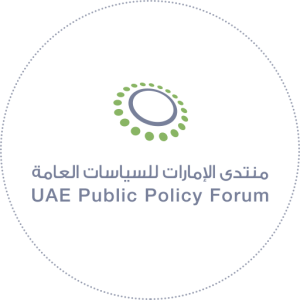PUBLIC POLICY
PUBLIC POLICY
Traditionally there are three view of what public policy is. One perspective is that public policy is about managing excess. Another prevailing view is that it is management of scarcity. A third and more mainstream view is that public policy is about who gets what, when and how. Public policy is more than a technical method for allocating resources and public services. It is a set of tacit or written principles that form the basis on which social laws are derived. The people who are affected negatively or positively as a result of those principles and policies, are extremely important consideration for those designing and implementing policies.

Some of the primary focal points of UAE public policy are the economy, welfare, education, health, the environment and national security. The development of public policy in the UAE has taken a number of different approaches in relation to these different sectors. Sometimes public policies have been imposed by a unitary authority like the state, and in other instances, a more collaborative and participatory process involving a wide range of individuals and groups, inside and outside government, from the private sector and civil society have contributed to policy development. Ultimately, public policies uphold the well-being of citizens of the UAE.
As the UAE develops into a more sophisticated nation, the manner in which public policy is derived will require a clearly defined system and process. Now that most public sector entities have been entrusted with streamlining policy development, they must exercise this task with utmost care and sensitivity to the needs of the population and vision of the nation.
